How to Keep Your Cryptocurrency Safe from Hacks
In today's digital age, cryptocurrency has emerged as a revolutionary form of currency, offering exciting opportunities for investment and financial independence. However, with great potential comes great responsibility, particularly when it comes to security. The rise of hacking incidents and cyber threats has made it imperative for cryptocurrency holders to prioritize the safety of their digital assets. So, how can you ensure that your cryptocurrency remains secure from the clutches of hackers? In this article, we will explore effective strategies and best practices to safeguard your investments and keep your peace of mind intact.
Before diving into protective measures, it's crucial to understand the various security risks associated with cryptocurrencies. Hacking attempts can come in many forms, including:
- Phishing: Deceptive attempts to acquire sensitive information by masquerading as a trustworthy entity.
- Malware Attacks: Malicious software designed to infiltrate your devices and steal your private keys or credentials.
- Exchange Vulnerabilities: Hacks targeting cryptocurrency exchanges, where large amounts of digital assets are stored.
By familiarizing yourself with these threats, you can take proactive steps to protect your assets effectively.
One of the most critical decisions you'll make as a cryptocurrency holder is selecting the right wallet. There are several types of wallets available, each with its own unique security features:
- Hot Wallets: These are connected to the internet and are ideal for frequent transactions.
- Cold Wallets: Offline wallets that provide enhanced security for long-term storage.
Choosing the best wallet for your needs can significantly enhance your asset protection. Let's delve deeper into the pros and cons of hot and cold wallets.
Hot wallets offer convenience but come with increased risk. They are perfect for those who frequently trade or use their cryptocurrencies for transactions. However, their online nature makes them vulnerable to hacking. On the other hand, cold wallets, like hardware wallets, store your assets offline, making them much less susceptible to cyber threats. While they are less convenient for daily use, they provide a fortress-like security for your digital wealth.
Hot wallets are easy to set up and use, making them ideal for beginners. However, their accessibility also makes them a target for hackers. If you choose to use a hot wallet, ensure you implement strong security measures, such as two-factor authentication.
Cold wallets, while less user-friendly, offer unparalleled security. They are perfect for long-term investors who want to keep their assets safe from online threats. The trade-off is accessibility; you may need to connect to the internet to make transactions, which can be a hassle.
For those seeking an extra layer of protection, consider using a multi-signature wallet. This innovative approach requires multiple private keys to authorize a transaction, significantly reducing the risk of unauthorized access. It's like having a vault that needs several keys to open!
Two-factor authentication (2FA) is an essential tool in your security arsenal. By requiring a second form of verification, such as a code sent to your mobile device, 2FA adds an extra layer of protection to your accounts. It's like having a bouncer at the door of your digital assets, ensuring only you can enter.
There are various methods for implementing 2FA, including:
- SMS Codes: A code sent to your phone via text message.
- Authenticator Apps: Apps like Google Authenticator generate time-sensitive codes.
- Hardware Tokens: Physical devices that generate codes for added security.
Evaluate your needs and choose the method that offers the best balance of security and convenience.
Keeping your security measures up-to-date is crucial. Regular software updates, strong passwords, and routine security audits can protect you against emerging threats. Think of it as maintaining your car; regular check-ups can prevent breakdowns and ensure your safety on the road.
Phishing attacks are a common threat in the cryptocurrency world. Educating yourself on how to identify these scams is vital for protecting your assets. Always be cautious of unsolicited communications asking for sensitive information.
Hackers often use various techniques to deceive users, such as:
- Email Scams: Fake emails that appear to be from legitimate sources.
- Fake Websites: Websites designed to mimic real exchanges or wallets.
By recognizing these tactics, you can better safeguard your personal information.
To avoid falling victim to phishing attempts, always verify the source of communications and use secure channels for transactions. Remember, if something seems too good to be true, it probably is!
Regularly updating your software, including wallets and exchanges, is essential for protecting against vulnerabilities. Outdated software can be a gateway for hackers, so stay vigilant and informed about the latest updates.
Outdated software can lead to significant security breaches. It's crucial to stay informed about the latest patches and updates to ensure your systems are secure. Think of it as locking your doors and windows; if you leave them open, you're inviting trouble.
Consider using automated update solutions for your wallets and applications. This way, you can ensure your software is always current without requiring manual intervention, keeping your assets secure with minimal effort.
Ongoing education about cryptocurrency security is vital. The landscape is constantly evolving, and staying informed about the latest threats and protective measures can make a significant difference.
There are numerous online resources and communities dedicated to cryptocurrency security. Engaging with these platforms can enhance your knowledge and help you stay ahead of potential threats.
Keeping up with news and developments in the cryptocurrency space is essential. This knowledge will empower you to recognize potential security threats and take action to counter them effectively.
Q: What is the safest way to store my cryptocurrency?
A: The safest way to store your cryptocurrency is by using a cold wallet, which keeps your assets offline and away from potential online threats.
Q: How can I recognize phishing attempts?
A: Look for signs such as poor grammar, suspicious links, and requests for sensitive information. Always verify the source before clicking on any links.
Q: Is two-factor authentication necessary?
A: Yes, two-factor authentication significantly enhances your account security and is highly recommended for all cryptocurrency accounts.
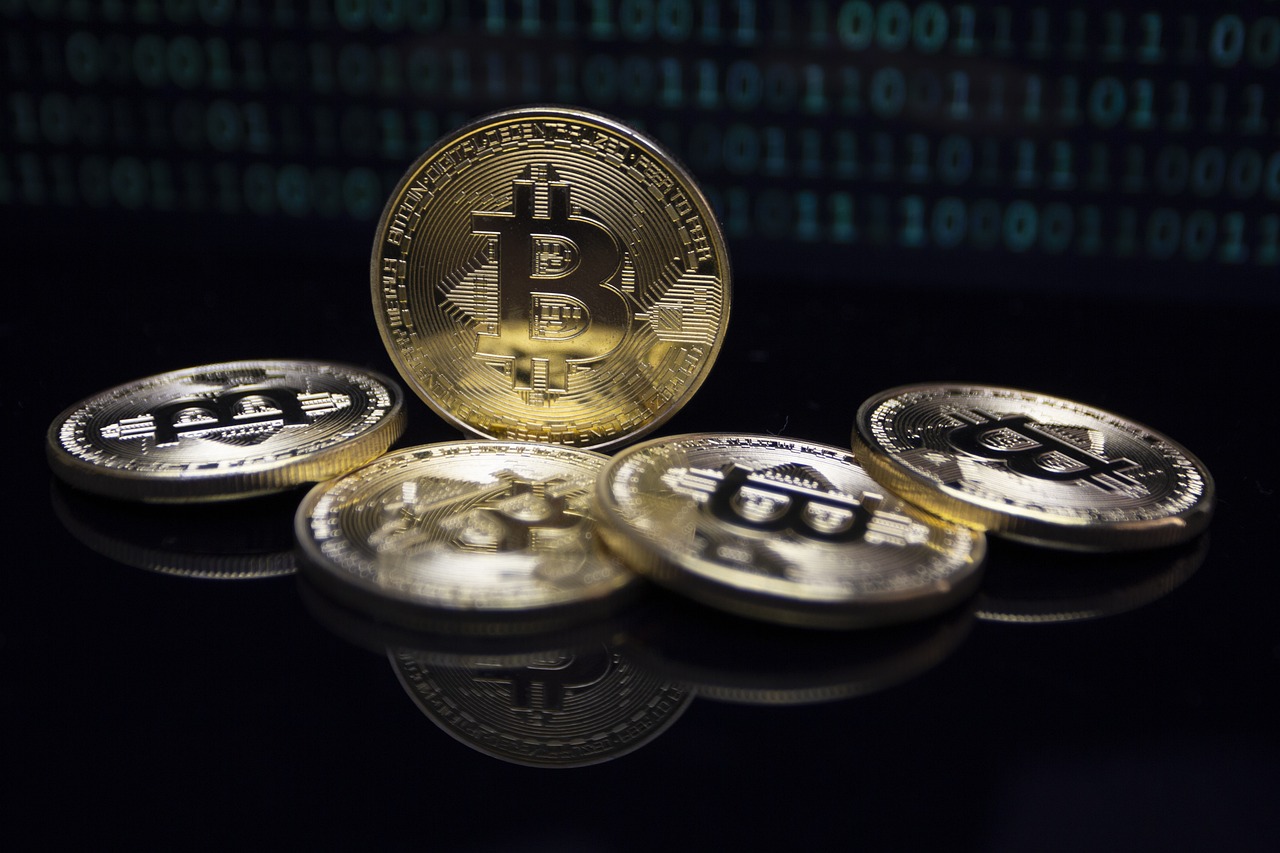
Understanding Cryptocurrency Security Risks
When diving into the world of cryptocurrencies, it’s essential to grasp the various security risks that lurk in the digital shadows. Just like a treasure chest buried under the sands of a pirate island, your digital assets are valuable but also vulnerable to theft and attacks. With the rise of cryptocurrencies, hackers have become increasingly sophisticated, employing a range of tactics to exploit unsuspecting users. In this section, we’ll explore the most common threats you might encounter on your crypto journey.
One of the most prevalent risks is hacking. Cybercriminals often target cryptocurrency exchanges and wallets, looking for any opportunity to siphon off funds. Imagine a thief picking the lock of a safe; similarly, hackers use various methods to breach security systems. They can exploit vulnerabilities in software, use social engineering tactics, or even take advantage of weak passwords. The consequences can be devastating, leading to significant financial losses.
Another major threat is phishing. In this scenario, attackers masquerade as reputable entities to trick users into revealing sensitive information, such as private keys or login credentials. Phishing can take many forms, including deceptive emails, fake websites, and malicious links. Picture receiving a seemingly harmless email from your favorite exchange, only to find out it’s a trap designed to steal your hard-earned crypto. Recognizing these scams is crucial to protecting your investments.
Moreover, the rise of malware attacks poses a significant risk to cryptocurrency holders. Malware can be delivered through infected software or websites, and once it infiltrates your device, it can steal your private keys or even manipulate transactions without your knowledge. It’s akin to a silent intruder sneaking into your home and rifling through your belongings while you’re asleep. Keeping your devices secure and using reputable software can help mitigate this risk.
In addition to these threats, users must also be aware of insider threats. This risk comes from individuals within an organization who have access to sensitive information. Whether it’s a disgruntled employee or a careless contractor, insider threats can lead to significant breaches. To combat this, businesses and users alike should implement strict access controls and monitor activities regularly.
To summarize, here are some key cryptocurrency security risks:
- Hacking: Targeting exchanges and wallets for funds.
- Phishing: Deceptive tactics to steal sensitive information.
- Malware: Software designed to infiltrate and steal data.
- Insider Threats: Risks from individuals within an organization.
Understanding these risks is the first step in safeguarding your cryptocurrency investments. By being aware of the tactics employed by malicious actors, you can take proactive measures to protect your digital assets. Always remember, in the world of cryptocurrency, knowledge is your best defense.

Choosing the Right Wallet
When it comes to safeguarding your cryptocurrency, one of the most critical decisions you'll make is . Think of a cryptocurrency wallet as your digital bank account; it’s where you store, send, and receive your digital assets. However, unlike traditional banks, cryptocurrency wallets come in various forms, each with its own set of features, benefits, and risks. Understanding these differences is essential for ensuring that your investments remain secure.
There are two primary types of wallets: hot wallets and cold wallets. Hot wallets are connected to the internet, making them convenient for daily transactions but also more vulnerable to hacking attempts. On the other hand, cold wallets are offline storage solutions, offering enhanced security for long-term holdings. It's crucial to evaluate your needs and risk tolerance when selecting a wallet type. For instance, if you frequently trade or use your cryptocurrency, a hot wallet might be suitable, but for long-term investors, a cold wallet is often recommended.
Let's delve a bit deeper into these wallet types. Hot wallets can be further divided into several categories:
- Web wallets: Accessible through your browser, these wallets are user-friendly but can be susceptible to phishing attacks.
- Mobile wallets: Apps installed on your smartphone, offering convenience for everyday transactions, but they require careful management of your device's security.
- Desktop wallets: Software downloaded to your computer, providing a balance between security and accessibility, yet they can be vulnerable to malware if your device is compromised.
In contrast, cold wallets typically include:
- Hardware wallets: Physical devices that store your private keys offline, making them highly secure against online threats.
- Paper wallets: Physical documents containing your private and public keys, offering a high level of security if stored properly but can be lost or damaged easily.
When selecting a wallet, consider factors such as security features, ease of use, and customer support. It’s also wise to look for wallets that offer backup options, allowing you to recover your assets in case of loss or theft. Always remember the golden rule: if you don’t own the private keys, you don’t own the cryptocurrency. This principle underscores the importance of choosing a wallet that allows you full control over your private keys.
In conclusion, the right wallet can significantly enhance your cryptocurrency security. By understanding the differences between wallet types and carefully considering your personal needs, you can make an informed decision that will help protect your digital assets from potential threats.
1. What is the safest type of wallet for cryptocurrency?
Cold wallets, particularly hardware wallets, are generally considered the safest option for storing cryptocurrency due to their offline nature, which protects them from online hacking attempts.
2. Can I use multiple wallets?
Yes, many users opt to use both hot and cold wallets. For example, you might keep smaller amounts in a hot wallet for daily transactions and store the majority of your assets in a cold wallet for security.
3. How do I know if a wallet is secure?
Look for wallets with strong security features such as two-factor authentication, encryption, and a good reputation in the cryptocurrency community. Reading user reviews and checking for any past security breaches can also provide insights into the wallet's reliability.
4. What should I do if I lose access to my wallet?
If you lose access to your wallet, your ability to recover your assets will depend on whether you have a backup of your private keys or recovery phrase. Always ensure you have a secure backup before storing significant amounts of cryptocurrency.
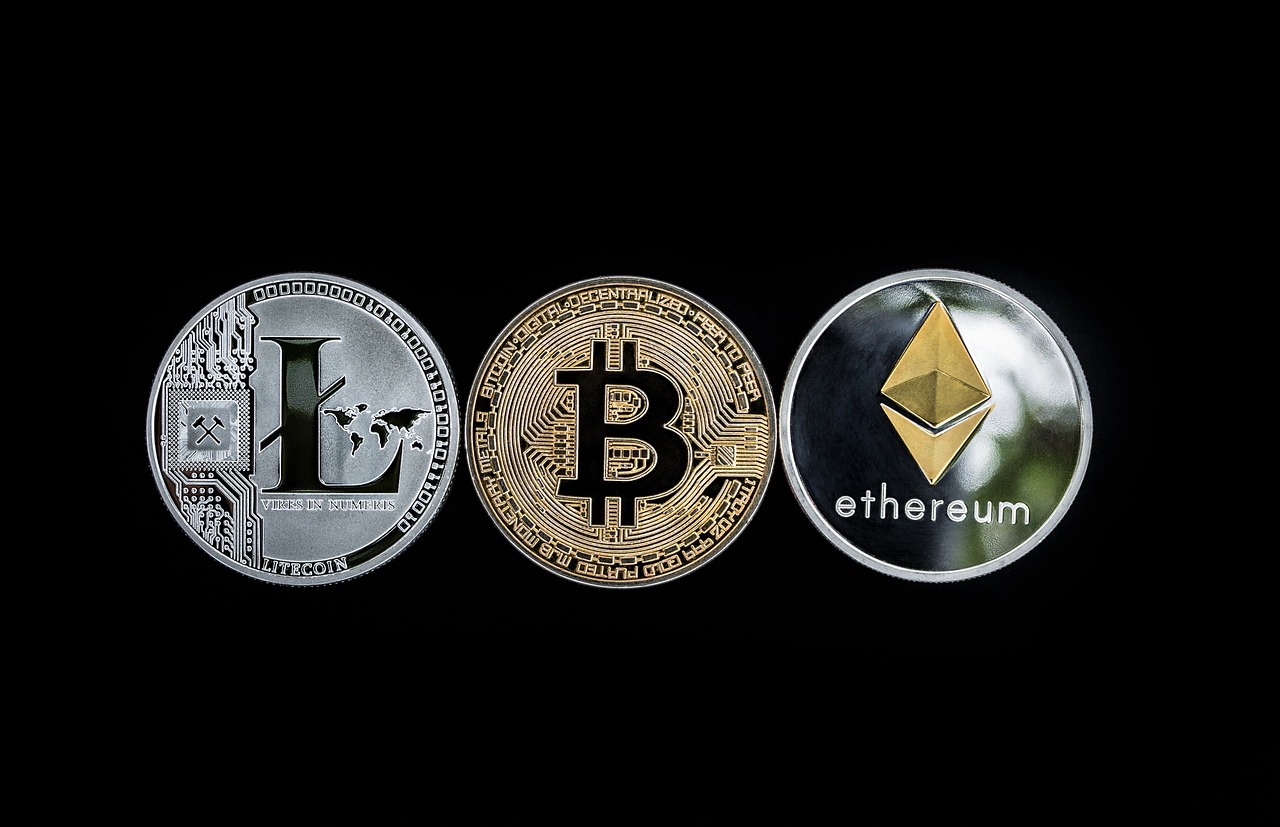
Hot Wallets vs. Cold Wallets
When it comes to storing your cryptocurrency, understanding the difference between hot wallets and cold wallets is crucial. Each type of wallet serves a unique purpose and comes with its own set of advantages and disadvantages. Let's dive deeper into both options to help you make an informed decision about where to keep your valuable digital assets.
Hot wallets are connected to the internet, making them incredibly convenient for everyday transactions. They allow you to quickly access your funds, making it easy to buy, sell, or trade cryptocurrencies on the fly. However, this constant connectivity also makes hot wallets more vulnerable to hacking attempts. Think of a hot wallet like a wallet you carry around in your pocket; it’s easy to access but can be lost or stolen.
On the other hand, cold wallets are offline storage solutions that provide a higher level of security. These wallets are not connected to the internet, which significantly reduces the risk of hacking. Cold wallets are ideal for long-term storage, much like a safe deposit box at a bank. While they are less convenient for everyday transactions, their security benefits are undeniable. You wouldn’t want to keep all your cash in your pocket, right? Storing a large amount in a cold wallet is akin to locking it away safely.
| Feature | Hot Wallets | Cold Wallets |
|---|---|---|
| Connection to Internet | Yes | No |
| Security Level | Lower | Higher |
| Convenience | High | Low |
| Best For | Frequent Transactions | Long-Term Storage |
In summary, the choice between hot and cold wallets largely depends on your personal needs and how you plan to use your cryptocurrency. If you’re an active trader who makes frequent transactions, a hot wallet might be the way to go. However, if you’re looking to hold onto your assets for the long term, a cold wallet offers the peace of mind that comes with enhanced security. Ultimately, many users find that a combination of both wallets provides the best balance of security and accessibility.
- Can I use both hot and cold wallets? Yes, many cryptocurrency users utilize both types of wallets to maximize security and convenience.
- Are cold wallets completely safe? While cold wallets are much safer than hot wallets, no storage solution is 100% foolproof. Always follow best practices for security.
- How do I set up a cold wallet? Setting up a cold wallet typically involves purchasing a hardware wallet or using paper wallets. Follow the manufacturer's instructions for secure setup.
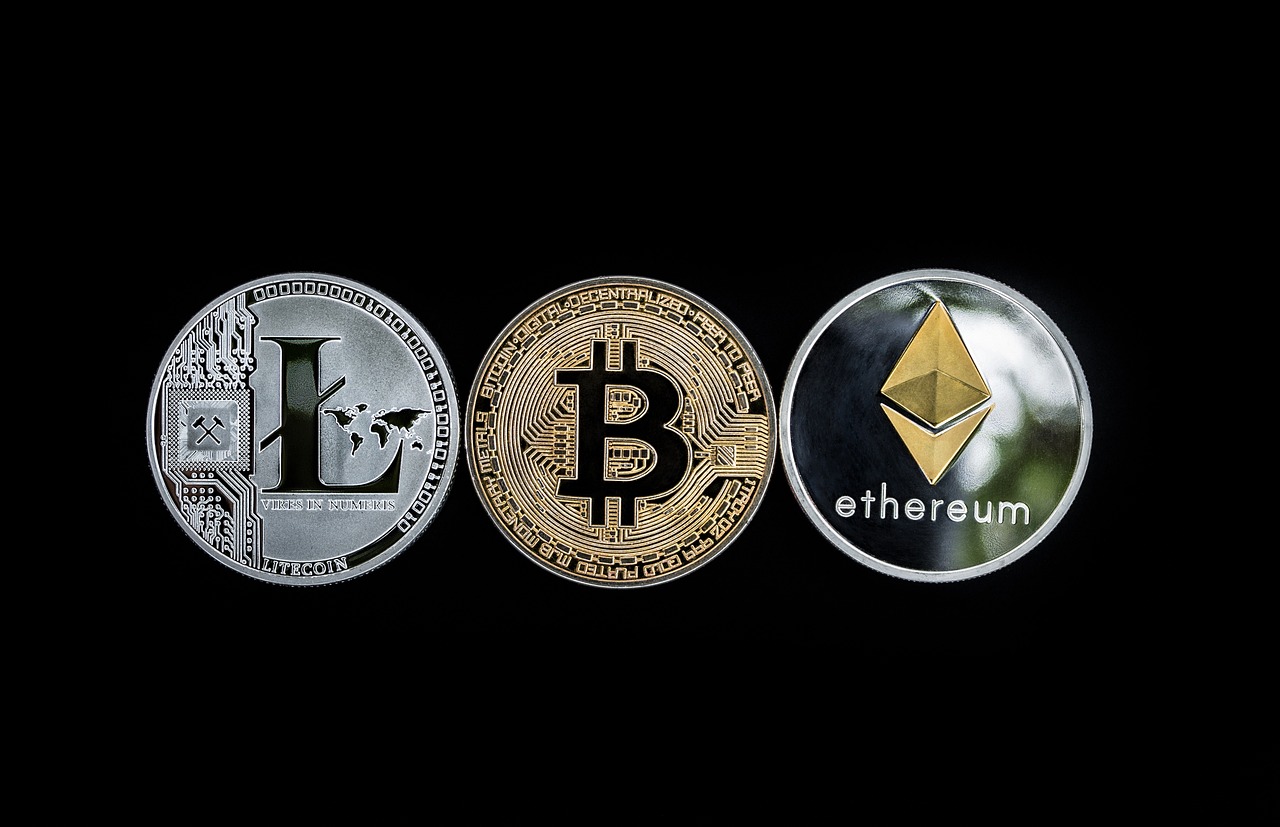
Hot Wallets: Pros and Cons
When diving into the world of cryptocurrency, one of the first decisions you'll face is how to store your digital assets. This is where hot wallets come into play. Hot wallets are digital wallets that are connected to the internet, making them incredibly convenient for everyday transactions. However, with convenience comes risk. Understanding the pros and cons of hot wallets is essential for every crypto enthusiast.
On the one hand, the advantages of hot wallets are hard to ignore. They allow for quick and easy access to your cryptocurrencies, enabling you to make transactions in real-time. Imagine you're at a coffee shop, and you want to buy a latte with Bitcoin; a hot wallet lets you do that with just a few taps on your phone. Additionally, many hot wallets come with user-friendly interfaces, making them accessible even for those who are new to the crypto space. They often support a wide range of cryptocurrencies, which means you can manage multiple assets in one place.
However, it's crucial to consider the disadvantages as well. Since hot wallets are always online, they become prime targets for hackers. Cybercriminals are constantly on the lookout for vulnerabilities in these wallets, and if you're not careful, you could find yourself at risk of losing your hard-earned assets. Furthermore, if you forget your password or lose access to your wallet, recovering your funds can be a daunting task, if not impossible. To illustrate the risks, consider this table comparing hot wallets and cold wallets:
| Feature | Hot Wallets | Cold Wallets |
|---|---|---|
| Accessibility | High - Always online | Low - Offline storage |
| Security | Vulnerable to hacks | Highly secure |
| Best Use Case | Daily transactions | Long-term storage |
In conclusion, hot wallets are a double-edged sword. They offer remarkable convenience for those who engage in frequent transactions, but they also expose users to significant risks. If you choose to use a hot wallet, it’s essential to implement additional security measures, such as strong passwords and two-factor authentication, to mitigate potential threats. Ultimately, the decision to use a hot wallet should align with your individual needs and risk tolerance.
Q1: Are hot wallets safe to use?
A1: Hot wallets are convenient but come with risks as they are connected to the internet. It's essential to use strong security measures to protect your assets.
Q2: Can I use hot wallets for long-term storage?
A2: While you can store your cryptocurrencies in hot wallets, it's generally recommended to use cold wallets for long-term storage due to their enhanced security.
Q3: What should I do if I lose access to my hot wallet?
A3: If you lose access to your hot wallet, try to recover it using any backup phrases or recovery options provided by the wallet service. If unsuccessful, your funds may be unrecoverable.
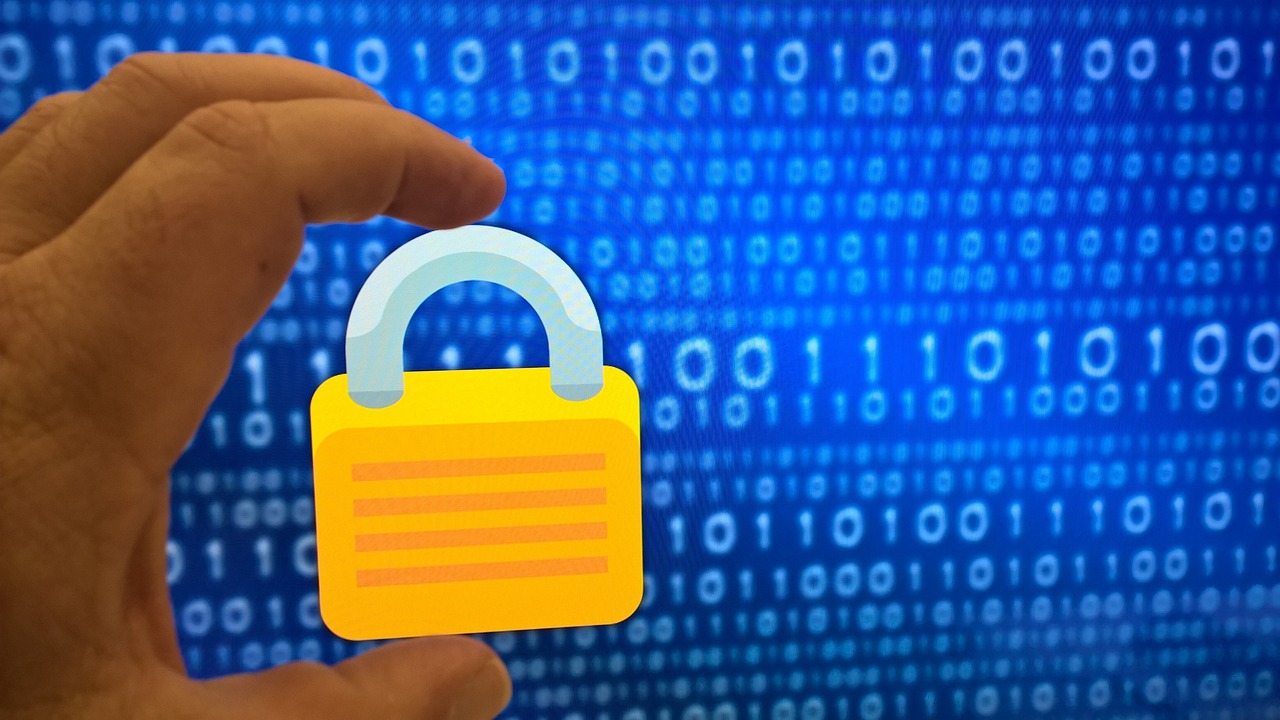
Cold Wallets: Pros and Cons
When it comes to securing your cryptocurrency, cold wallets are often heralded as the gold standard. But what exactly makes them so special? To put it simply, cold wallets are offline storage solutions for your digital assets, meaning they aren’t connected to the internet. This disconnection is their primary strength, as it significantly reduces the risk of hacking and online theft. Imagine a vault in a bank that’s locked away from prying eyes—this is essentially what a cold wallet offers for your cryptocurrencies.
However, it’s essential to weigh the pros and cons before diving headfirst into using a cold wallet. Let’s break it down:
- Pros:
- Enhanced Security: Since cold wallets are offline, they are less susceptible to hacking attempts. This makes them a fortress for your cryptocurrencies.
- Long-Term Storage: If you plan to hold your assets for an extended period, cold wallets are ideal. They are perfect for investors who believe in the long-term value of their digital currencies.
- Control: You have complete control over your private keys, which means you are not reliant on third-party services that could potentially fail or be compromised.
- Cons:
- Accessibility: The downside of security is convenience. Accessing your funds in a cold wallet can be cumbersome, especially if you need to make quick transactions.
- Risk of Loss: If you lose the device or forget the recovery phrase, your funds could be permanently inaccessible. It’s like losing the key to that bank vault!
- Initial Setup: Setting up a cold wallet can be more complicated than using an online wallet. It requires a bit of technical know-how and understanding of how to securely store your device.
In summary, cold wallets offer a robust solution for long-term cryptocurrency storage with enhanced security features. However, they come with trade-offs in terms of accessibility and usability. It’s crucial to assess your own needs and trading habits before deciding if a cold wallet is the right choice for you. Remember, the best security strategy often involves a combination of different wallet types, ensuring that your assets remain safe while also being accessible when you need them.
Q: What is a cold wallet?
A cold wallet is a type of cryptocurrency wallet that is not connected to the internet, providing a secure way to store digital assets offline.
Q: Are cold wallets completely safe?
While cold wallets are much safer than online wallets, they are not entirely risk-free. Users must ensure they do not lose their recovery phrases or the physical device.
Q: How do I set up a cold wallet?
Setting up a cold wallet typically involves purchasing a hardware wallet or using paper wallets. Follow the manufacturer’s instructions carefully to ensure security.
Q: Can I access my funds in a cold wallet anytime?
While you can access your funds, retrieving them from a cold wallet requires connecting the device to a computer, which is less convenient than using online wallets.
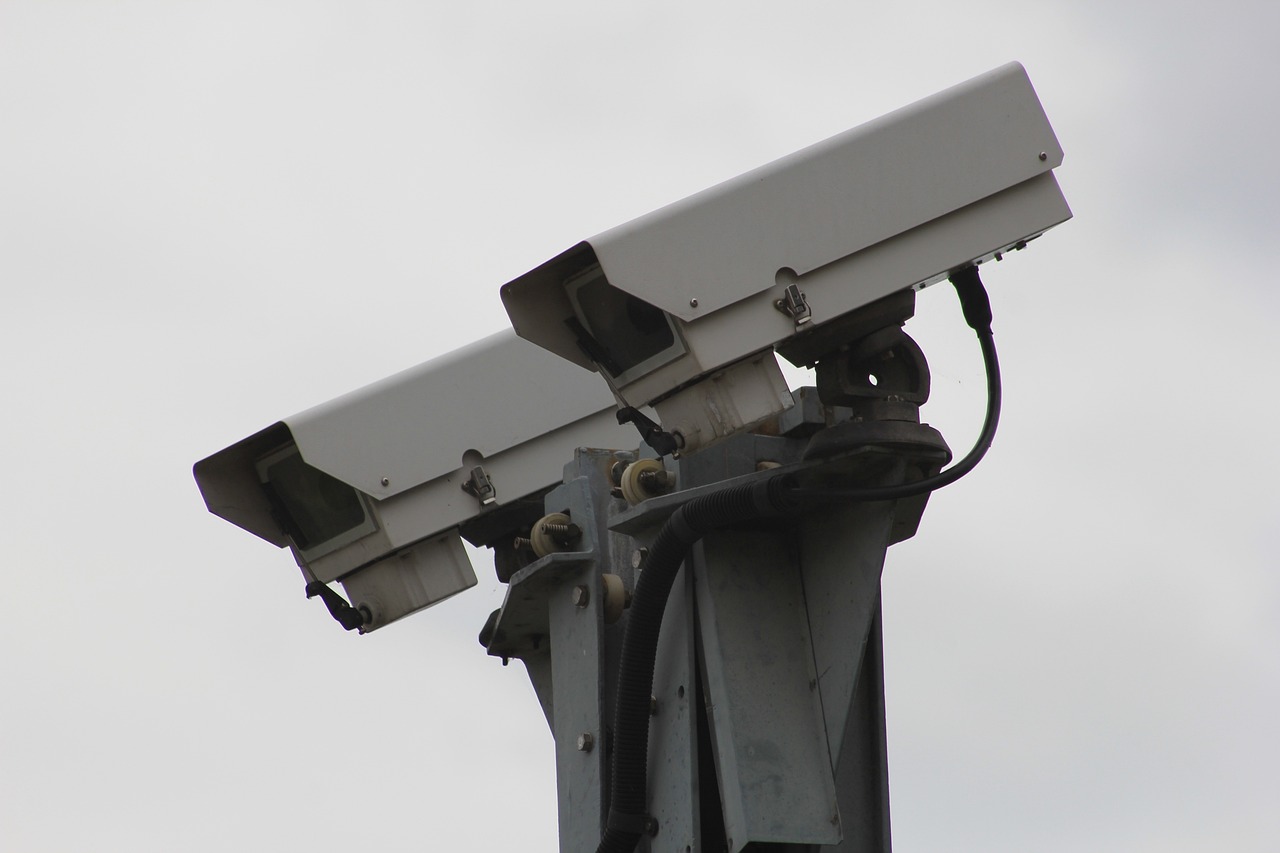
Multi-Signature Wallets
When it comes to securing your cryptocurrency investments, stand out as a formidable option. But what exactly is a multi-signature wallet? In simple terms, it’s a type of wallet that requires more than one private key to authorize a transaction. This means that instead of a single person having complete control over the funds, a group of trusted individuals must come together to approve any movement of assets. This feature adds an extra layer of security, making it significantly harder for hackers to access your funds, as they would need to compromise multiple private keys instead of just one.
Imagine your cryptocurrency as a treasure chest. If you lock it with just one key, losing that key or having it stolen could lead to disaster. However, with a multi-signature wallet, you can think of it as having a treasure chest that requires three keys to open. Even if one key is lost or stolen, the treasure remains safe as long as the other keys are secure. This is particularly beneficial for businesses or groups that manage funds collectively, as it prevents any single member from having unilateral control over the assets.
But how does a multi-signature wallet work in practice? Typically, you can set it up to require a certain number of signatures to authorize a transaction. For instance, you might configure a wallet to require three out of five signatures. This setup not only enhances security but also fosters accountability among the members involved. If someone wants to make a transaction, they must gather the required signatures, which can help prevent impulsive or unauthorized spending.
Here's a quick breakdown of the advantages and disadvantages of using multi-signature wallets:
| Advantages | Disadvantages |
|---|---|
| Enhanced Security: Requires multiple keys, making unauthorized access difficult. | Complexity: Managing multiple keys can be cumbersome for some users. |
| Accountability: Ensures that all parties are involved in significant transactions. | Potential Delays: Transactions may take longer due to the need for multiple approvals. |
| Reduced Risk of Loss: Even if one key is compromised, funds remain secure. | Coordination Required: All parties must be available to authorize transactions. |
While multi-signature wallets are not without their challenges, they represent a significant advancement in the realm of cryptocurrency security. By requiring multiple signatures for transactions, they help mitigate the risks associated with single-point failures. As you explore your options for securing your digital assets, consider whether a multi-signature wallet might be the right choice for you.
In conclusion, if you're serious about protecting your cryptocurrency investments, adopting a multi-signature wallet could be a game-changer. It not only enhances your security but also promotes a collaborative approach to managing funds, making it a wise option for both individuals and organizations alike.
Q1: What is a multi-signature wallet?
A multi-signature wallet requires multiple private keys to authorize a transaction, enhancing security by preventing unauthorized access.
Q2: How many signatures do I need for a multi-signature wallet?
You can customize the number of signatures required based on your needs. Common configurations include requiring 2 of 3 or 3 of 5 signatures.
Q3: Are there any risks associated with multi-signature wallets?
While they provide enhanced security, they can also introduce complexity and require coordination among multiple parties.
Q4: Can I use a multi-signature wallet for personal use?
Yes, individuals can use multi-signature wallets, especially if they want to add an extra layer of security or share access with trusted family members.
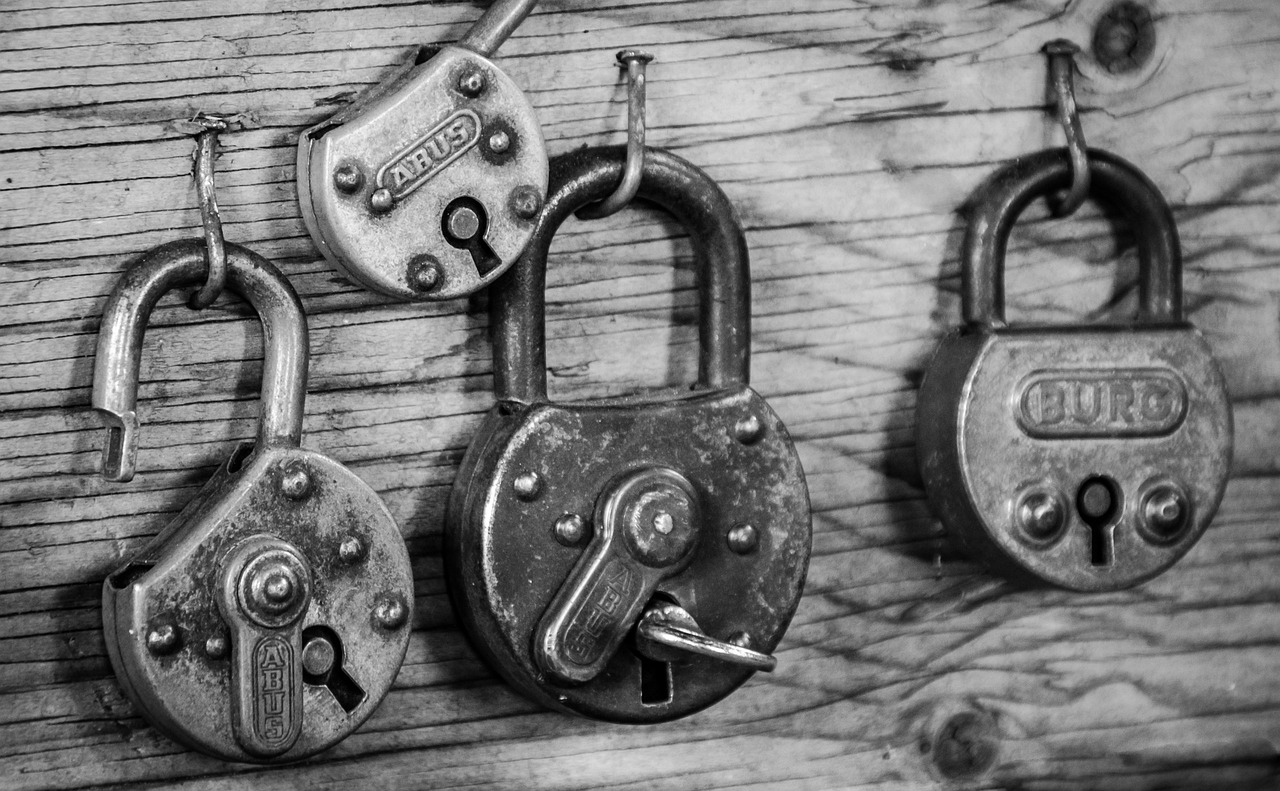
Implementing Two-Factor Authentication
In today's digital landscape, where cyber threats loom large, securing your cryptocurrency accounts is more crucial than ever. One of the most effective ways to bolster your security is through Two-Factor Authentication (2FA). This additional layer of security requires not just your password but also a second piece of information, making it significantly harder for hackers to gain unauthorized access to your accounts. Imagine trying to break into a vault that requires both a key and a fingerprint; that’s the kind of protection 2FA offers for your digital assets.
When implementing 2FA, you have several options to choose from. Each method has its own strengths and weaknesses, and understanding these can help you make an informed decision. The most common methods include:
- SMS-based 2FA: This method sends a text message with a verification code to your registered phone number. While convenient, it can be vulnerable to SIM swapping attacks.
- Authenticator Apps: Apps like Google Authenticator or Authy generate time-based codes that change every 30 seconds. They are more secure than SMS since they don’t rely on your phone number.
- Hardware Tokens: These are physical devices that generate authentication codes. They provide a high level of security but can be less convenient for everyday use.
Choosing the right method depends on your personal needs and the level of security you desire. For instance, if you prioritize convenience, SMS might seem appealing, but if you’re serious about security, an authenticator app or hardware token is the way to go. Remember, the goal is to make it as difficult as possible for unauthorized users to access your accounts.
Once you've selected your preferred 2FA method, setting it up is usually straightforward. Most cryptocurrency exchanges and wallets offer detailed instructions. Simply navigate to the security settings of your account, select the 2FA option, and follow the prompts. It’s like installing a lock on your door; the process may seem tedious, but the peace of mind it provides is invaluable.
Moreover, regular reviews of your 2FA settings can further enhance your security. Just like you would change your locks after losing a key, consider changing your 2FA method if you suspect it has been compromised. Staying vigilant is key in the cryptocurrency world, where threats are constantly evolving.
In conclusion, implementing Two-Factor Authentication is a simple yet powerful way to protect your cryptocurrency investments. By adding this extra layer of security, you significantly reduce the risk of unauthorized access, making it a critical step in safeguarding your digital assets.
| Question | Answer |
|---|---|
| What is Two-Factor Authentication? | Two-Factor Authentication (2FA) is a security process that requires two different forms of identification to access an account, enhancing security. |
| Is 2FA necessary for cryptocurrency accounts? | Yes, 2FA is highly recommended as it adds an extra layer of protection against unauthorized access. |
| Can I use multiple 2FA methods? | Yes, many services allow you to enable multiple 2FA methods for added security. |
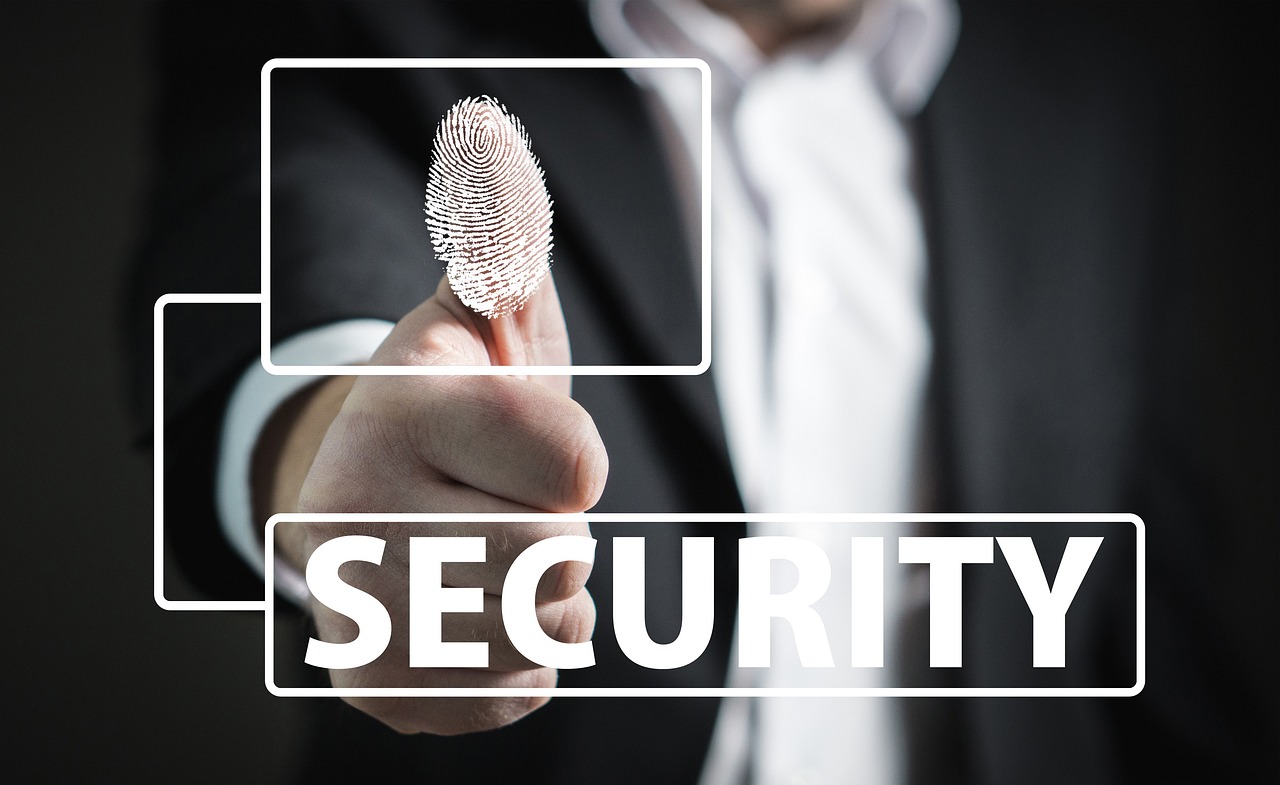
Choosing the Right 2FA Method
When it comes to securing your cryptocurrency accounts, Two-Factor Authentication (2FA) is like having a double lock on your front door. It adds an extra layer of security that can make all the difference in keeping your digital assets safe. But with several methods available, how do you choose the right one for your needs? Let's break down the most common options and help you decide.
First up, we have SMS-based 2FA. This is probably the most familiar method for many users. After entering your password, you receive a text message with a code that you must enter to gain access. While it's convenient, it does have its drawbacks. For instance, if a hacker gains access to your phone number through SIM swapping, they can potentially intercept your SMS codes. This makes it less secure than other methods.
Next, consider using an Authenticator App. Apps like Google Authenticator or Authy generate time-based codes that change every 30 seconds. This method is much more secure than SMS because it doesn’t rely on your phone number. Instead, the codes are generated directly on your device, making it harder for hackers to access them. However, if you lose your phone, you might find yourself locked out of your accounts, so it's essential to have backup codes saved securely.
Then, there's the option of using Hardware Tokens. These are physical devices that generate codes for you. While they can be a bit cumbersome to carry around, they are arguably the most secure option. Since they are not connected to the internet, they are immune to many online threats. However, the trade-off is that they can be lost or damaged, which might lead to access issues.
To help you visualize the differences, here's a quick comparison table:
| 2FA Method | Security Level | Convenience | Notes |
|---|---|---|---|
| SMS-based 2FA | Medium | High | Vulnerable to SIM swapping |
| Authenticator App | High | Medium | Backup codes needed for recovery |
| Hardware Token | Very High | Low | Physical device can be lost |
Ultimately, the right choice for you will depend on your personal preferences and how you balance security with convenience. If you frequently access your accounts on the go, an authenticator app might be the best fit. However, if you're more concerned about security and can manage the inconvenience, a hardware token could be the way to go.
Remember, no matter which method you choose, it’s crucial to keep your recovery options secure. This way, if you ever lose access to your 2FA method, you can regain control of your accounts without too much hassle. The goal is to create a fortress around your cryptocurrency investments, and choosing the right 2FA method is a significant step in that direction.
- What is 2FA? Two-Factor Authentication (2FA) is a security process that requires two different forms of identification to access an account.
- Why is 2FA important for cryptocurrency? It adds an extra layer of security, making it much harder for unauthorized users to access your accounts.
- Can I use multiple 2FA methods? Yes, many services allow you to set up multiple forms of 2FA for added security.
- What should I do if I lose my 2FA device? Use your backup codes to regain access and then set up a new 2FA method as soon as possible.

Regularly Updating Security Protocols
In the ever-evolving world of cryptocurrency, keeping your digital assets secure is akin to fortifying a castle against relentless invaders. Just as a castle needs regular maintenance to withstand new siege technologies, your cryptocurrency security protocols must also be updated frequently to fend off emerging threats. This means staying vigilant and proactive about your security measures, as hackers are constantly developing new tactics to exploit vulnerabilities. By regularly updating your security protocols, you can significantly reduce the risk of falling victim to a cyber attack.
One of the primary aspects of maintaining robust security is ensuring that all software related to your cryptocurrency holdings—such as wallets, exchanges, and any associated applications—are kept up-to-date. Outdated software can be a goldmine for hackers, as they often target known vulnerabilities that have already been patched in newer versions. Therefore, it’s crucial to enable automatic updates whenever possible, or at the very least, to establish a routine for checking for updates. This not only includes your wallet software but also your operating system and any antivirus or anti-malware tools you might be using.
Additionally, changing your passwords regularly is another vital step in protecting your cryptocurrency investments. Think of your password as a key to your digital vault; if that key is compromised, your assets are at risk. By changing your passwords periodically and using complex combinations of letters, numbers, and symbols, you can tighten security. Furthermore, consider using a password manager to keep track of your passwords securely, allowing you to create unique and strong passwords for each of your accounts without the hassle of memorization.
Another important aspect is to stay informed about the latest security threats and best practices. The cryptocurrency landscape is dynamic, with new threats emerging regularly. Following reputable news sources, joining online forums, and participating in community discussions can keep you updated on potential risks and how to counter them. Knowledge is power, and being aware of the latest scams and hacking techniques can help you avoid falling into traps set by cybercriminals.
To summarize, regularly updating your security protocols is not just a recommendation; it’s a necessity in the cryptocurrency realm. By keeping your software current, changing passwords frequently, and staying informed about the latest security threats, you can create a formidable defense against hackers. Remember, in the world of cryptocurrency, an ounce of prevention is worth a pound of cure. So, take the initiative today to fortify your digital assets and enjoy peace of mind knowing that you are doing everything possible to protect your investments.
- Why is it important to regularly update my security protocols?
Regular updates help protect against new vulnerabilities and threats that hackers may exploit. - How often should I change my passwords?
It's advisable to change your passwords every 3 to 6 months, or immediately if you suspect a breach. - What should I do if I suspect my account has been compromised?
Immediately change your passwords, enable two-factor authentication, and contact your service provider for further assistance. - Are automatic updates safe?
Yes, automatic updates are generally safe and help ensure you are always using the latest security features.

Recognizing Phishing Attacks
Phishing attacks are a prevalent threat in the world of cryptocurrency, and recognizing them is the first step towards safeguarding your digital assets. These attacks are designed to deceive you into revealing sensitive information, such as your private keys or wallet credentials. One of the most common tactics used by cybercriminals is to impersonate legitimate entities, such as cryptocurrency exchanges or wallet providers. They often create fake websites that closely resemble the real ones, making it difficult for the untrained eye to detect the difference. So, how can you spot these malicious attempts? Let's dive deeper into this critical aspect of cryptocurrency security.
To effectively recognize phishing attacks, it's essential to be aware of the various techniques employed by hackers. For instance, they frequently use email scams that appear to be from trusted sources. These emails often contain urgent messages, urging you to click on links that lead to fraudulent websites. When you enter your information on these sites, it goes straight to the attackers. Additionally, hackers may send you text messages that mimic official communications, further complicating the identification process. Therefore, it’s crucial to examine the sender's email address or phone number closely, as they often contain slight variations that can be easily overlooked.
Another common method is the use of malicious links embedded in social media posts or messages. These links may direct you to a phishing site that looks legitimate but is designed to capture your credentials. Always hover over links to see the actual URL before clicking. If it seems suspicious or doesn't match the official website, do not engage. Remember, if something feels off, it probably is!
To help you recognize phishing attacks more effectively, here are some key indicators to watch out for:
- Urgency: Phishing messages often create a sense of urgency, prompting you to act quickly without thinking.
- Generic Greetings: Legitimate companies usually address you by your name. Be wary of generic greetings like "Dear Customer."
- Spelling and Grammar Errors: Many phishing attempts are poorly written. Look for typos or awkward phrasing.
- Unusual Requests: Be cautious of emails or messages asking for sensitive information or prompting you to reset your password unexpectedly.
By familiarizing yourself with these signs, you can better protect yourself from falling victim to phishing attacks. However, recognizing these threats is just the beginning. Implementing best practices in your online behavior is equally important. Always verify the authenticity of the communication by contacting the company directly through official channels. Avoid clicking on links in unsolicited emails or messages, and consider using a password manager that can help you identify secure websites.
In conclusion, being proactive in recognizing phishing attacks can save you from significant losses. Stay vigilant, educate yourself about the latest tactics used by cybercriminals, and always prioritize your security. Remember, in the fast-paced world of cryptocurrency, your vigilance is your best defense against these ever-evolving threats.
Q: What should I do if I suspect a phishing attack?
A: If you suspect a phishing attempt, do not click on any links or provide any personal information. Report the email or message to the legitimate organization and consider changing your passwords.
Q: How can I verify if a website is legitimate?
A: Always check the URL for spelling errors, ensure it starts with "https://" (the 's' indicates a secure connection), and look for contact information on the site.
Q: Are there tools to help protect against phishing?
A: Yes, many password managers and browser extensions offer features that can alert you to potentially unsafe websites and help you manage your passwords securely.
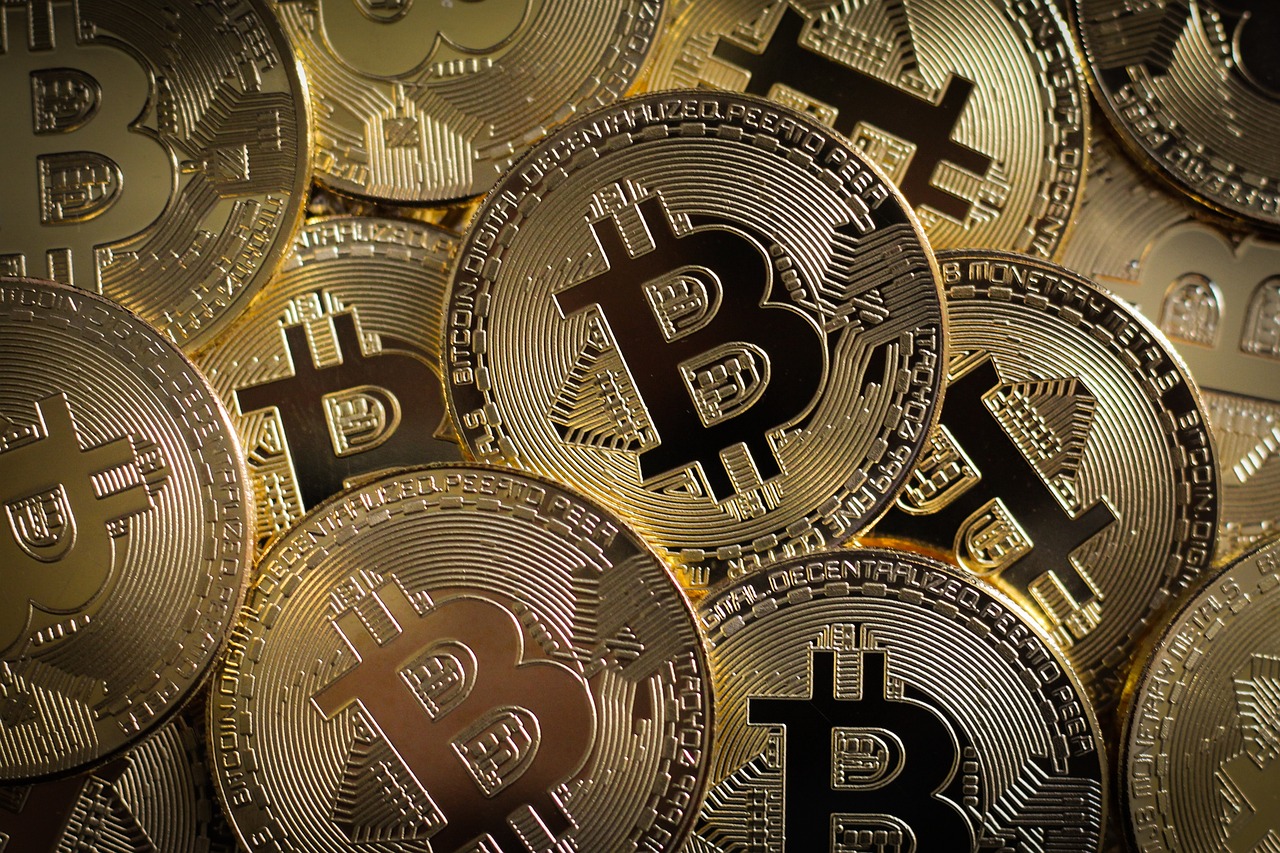
Common Phishing Techniques
Phishing attacks have become alarmingly sophisticated, and understanding the common techniques used by hackers is crucial to protecting your cryptocurrency investments. These malicious tactics often exploit human psychology, tricking users into revealing sensitive information or downloading harmful software. One prevalent method is email phishing, where attackers send seemingly legitimate emails that appear to come from trusted sources, such as exchanges or wallet providers. These emails often contain links that lead to fake websites designed to capture your login credentials. Imagine receiving an email that looks just like a notification from your cryptocurrency exchange, prompting you to "verify" your account. If you click the link and enter your information, you’ve just handed over your credentials to a scammer.
Another technique is SMS phishing, or "smishing," where attackers send fraudulent text messages. These messages may include urgent requests to confirm account details or click on a link to resolve a supposed security issue. The urgency creates a sense of panic, pushing users to act quickly without scrutinizing the message. For example, a text might say, "Your account has been compromised! Click here to secure it." The link may lead to a malicious site that looks authentic but is designed to steal your information.
Furthermore, social media phishing is on the rise. Cybercriminals often create fake profiles that impersonate reputable figures or organizations in the cryptocurrency space. They may reach out to you with offers that seem too good to be true, like exclusive investment opportunities or giveaways. If you engage with these profiles, you risk sharing personal information or clicking on harmful links. Always remember, if something sounds too good to be true, it probably is!
Lastly, voice phishing, or "vishing," involves phone calls where attackers pose as representatives from legitimate companies. They may use caller ID spoofing to make it look like they are calling from a trusted source. During these calls, they might ask for sensitive information, claiming that they need it to resolve an urgent issue with your account. This method relies heavily on the victim's trust and can be particularly convincing.
To summarize, here are some common phishing techniques to watch out for:
- Email Phishing: Fake emails prompting you to enter sensitive information.
- SMS Phishing (Smishing): Fraudulent texts urging immediate action.
- Social Media Phishing: Impersonating reputable figures to steal data.
- Voice Phishing (Vishing): Phone calls pretending to be from legitimate companies.
By being aware of these common phishing techniques, you can better protect yourself and your cryptocurrency investments. Always verify the source of communications, and when in doubt, go directly to the official website or contact customer support before taking any action.
Q: What should I do if I fall victim to a phishing attack?
A: If you believe you’ve been phished, immediately change your passwords and enable two-factor authentication on your accounts. Contact your cryptocurrency exchange or wallet provider to inform them of the situation.
Q: How can I identify a phishing email?
A: Look for suspicious email addresses, poor spelling and grammar, and generic greetings. Legitimate companies usually address you by your name and have official domain addresses.
Q: Is it safe to click on links in emails from cryptocurrency exchanges?
A: It’s safer to manually type the URL of the exchange into your browser rather than clicking on links in emails. This helps ensure you’re visiting the legitimate site.
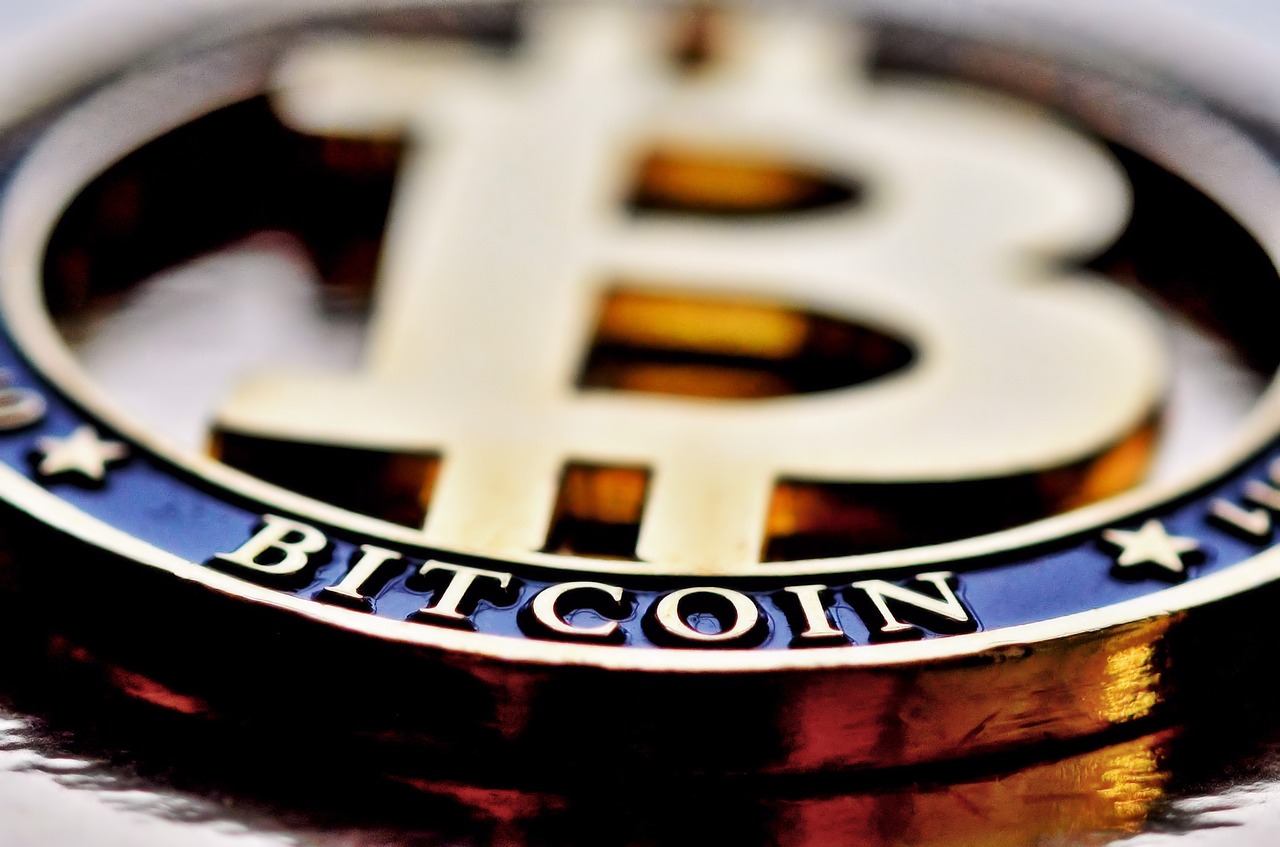
Best Practices to Avoid Phishing
Phishing attacks are like the wolves in sheep's clothing of the digital world. They can sneak up on even the most vigilant cryptocurrency users, leading to devastating losses. So, how can you protect yourself from these crafty predators? Here are some best practices that can help you stay one step ahead and keep your digital assets secure.
First and foremost, always verify the source of any communication you receive regarding your cryptocurrency accounts. If you receive an email or message that seems suspicious—perhaps it requests sensitive information or urges you to click on a link—take a moment to pause. Legitimate companies will never ask for your private keys or sensitive information via email. Instead, go directly to the official website by typing the URL into your browser. This simple act can save you from a world of trouble.
Another crucial practice is to utilize secure communication channels. When discussing sensitive information, make sure you’re using encrypted messaging apps or secure email services. Avoid sharing any personal information over public forums or unsecured networks. Think of it like discussing your bank details in a crowded café—it's just not safe!
Additionally, consider using a password manager. These tools can help create and store complex passwords, making it easier to maintain unique passwords for different accounts. This way, even if one account is compromised, your other accounts remain safe. Remember, using the same password across multiple platforms is like using the same key for your house and car; if one gets stolen, you’re in big trouble!
Finally, stay informed about the latest phishing techniques. Cybercriminals are constantly evolving their strategies, so keeping up with the news can help you recognize new threats. Join online communities or forums where users share their experiences and insights. Knowledge is your best defense!
Q1: What should I do if I suspect I’ve been targeted by a phishing attack?
A1: If you suspect a phishing attempt, do not click on any links or provide any information. Report the incident to the platform involved and change your passwords immediately.
Q2: How can I tell if an email is a phishing attempt?
A2: Look for signs such as poor grammar, generic greetings, and suspicious links. Always hover over links to see the actual URL before clicking.
Q3: Are there tools that can help me avoid phishing?
A3: Yes, there are browser extensions and security software that can help detect phishing sites and warn you before you visit them. Always keep your software up to date!
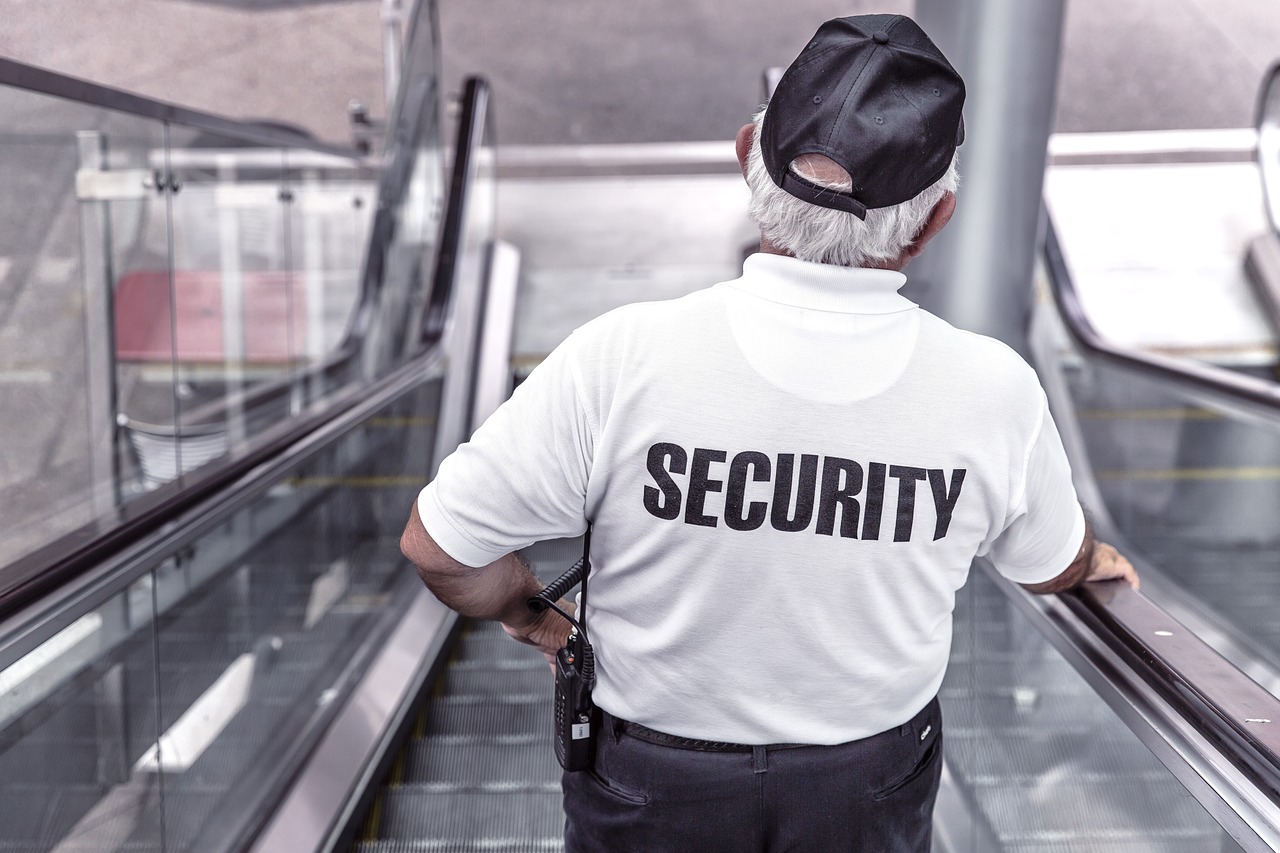
Keeping Software Up to Date
In the fast-paced world of cryptocurrency, keeping your software up to date is not just a good practice; it's an essential strategy for safeguarding your digital assets. Imagine your software as a fortress. Over time, the walls may weaken, and new vulnerabilities can emerge, making it easier for hackers to breach your defenses. Regular updates serve as the reinforcements you need to maintain a stronghold against potential threats. The importance of this practice cannot be overstated, as outdated software can leave you exposed to a variety of security breaches.
When it comes to cryptocurrency wallets and exchanges, each update often includes security patches that address known vulnerabilities. For instance, developers are constantly working to identify weaknesses in their systems, and when they do, they release updates to fix these issues. Failing to implement these updates could be likened to leaving the back door of your fortress wide open, inviting unwanted guests in. By regularly updating your software, you ensure that your defenses are always equipped to handle the latest threats.
Moreover, the cryptocurrency landscape is continuously evolving. New threats emerge almost daily, and hackers are always on the lookout for unpatched software. Therefore, it is crucial to stay informed about the latest updates and patches provided by your wallet or exchange. Many software providers offer notifications when updates are available, but it's also wise to check for updates regularly. This proactive approach can significantly reduce your risk of falling victim to an attack.
To make this process easier, consider utilizing automated update solutions. These tools can automatically download and install updates for your software, ensuring that you are always operating on the latest version without the need for manual checks. This not only saves you time but also minimizes the risk of forgetting to update your software. Here’s a quick look at the benefits of automated updates:
| Benefit | Description |
|---|---|
| Time-Saving | Reduces the need for manual intervention, allowing you to focus on your investments. |
| Enhanced Security | Ensures that you always have the latest security patches, minimizing vulnerabilities. |
| Peace of Mind | Automatically keeps your software current, reducing anxiety about potential hacks. |
In conclusion, keeping your software up to date is a fundamental aspect of cryptocurrency security. It’s not just about having the latest features; it’s about protecting your investments from ever-evolving threats. Make it a habit to check for updates regularly, consider automated solutions, and stay informed about the latest security practices. Your digital assets deserve the best protection possible!
- Why is it important to update my cryptocurrency wallet? Regular updates fix security vulnerabilities and enhance overall functionality.
- What happens if I don't update my software? Failing to update can leave you exposed to security breaches and hacks.
- Are automated updates safe? Yes, as long as you use reputable software, automated updates can enhance your security.
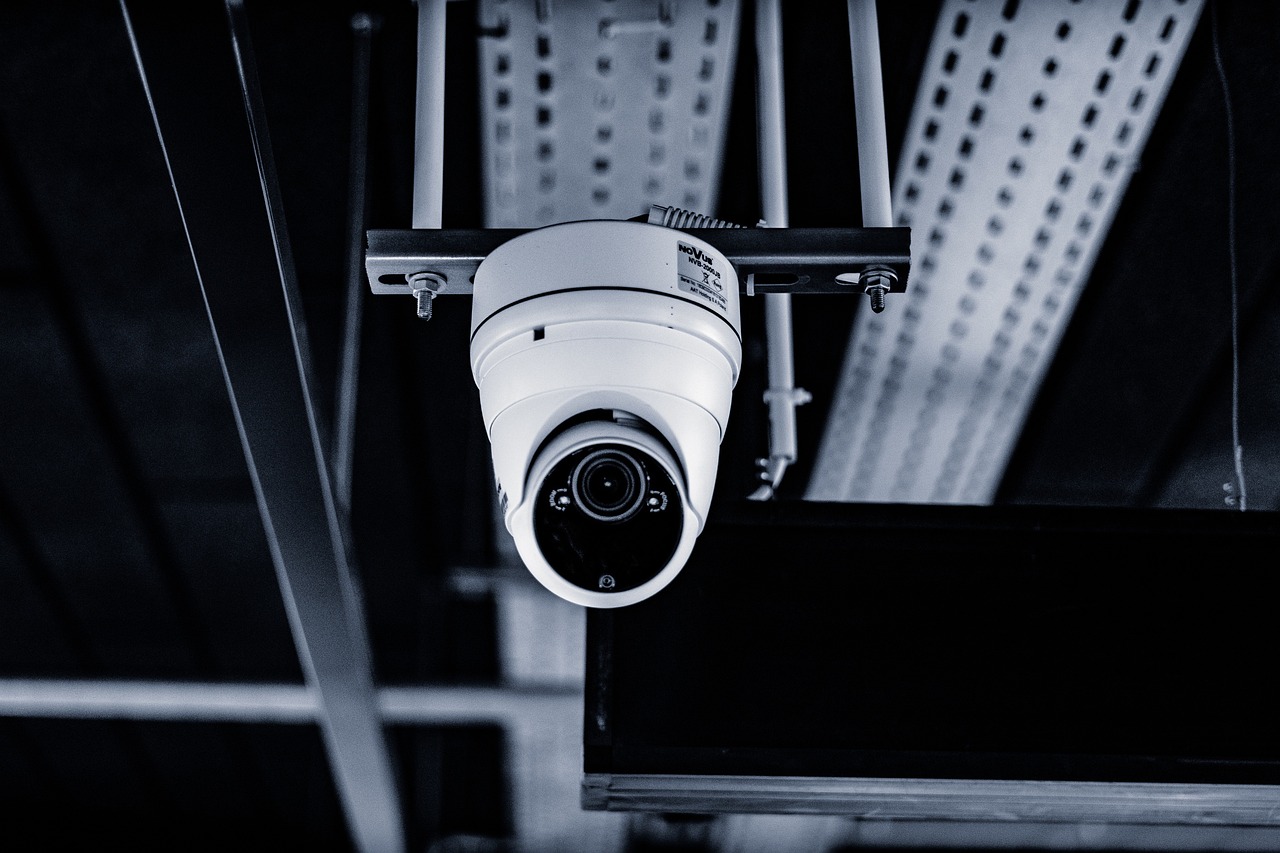
Understanding Software Vulnerabilities
In the ever-evolving world of cryptocurrency, software vulnerabilities can be likened to cracks in a fortress wall. These cracks, if left unchecked, can be exploited by malicious actors to gain unauthorized access to your digital assets. Understanding these vulnerabilities is crucial for anyone who wants to keep their cryptocurrencies safe. At the core of these vulnerabilities are outdated software, unpatched systems, and poor coding practices that can leave your wallet or exchange open to attack.
Outdated software is one of the most common culprits when it comes to security breaches. When developers release updates, they often include patches that fix known vulnerabilities. If you neglect to update your software, you're essentially leaving the door wide open for hackers. Imagine leaving your front door unlocked while you go on vacation—this is exactly what happens when you ignore software updates. Furthermore, many users install software without understanding the implications of the permissions they grant. This lack of awareness can lead to unintended vulnerabilities.
Moreover, poor coding practices can create weak points within the software itself. For instance, if a wallet application does not adequately encrypt sensitive data, it could be exposed during a data breach. Additionally, many software programs rely on third-party libraries, which may also contain vulnerabilities. Thus, the security of your cryptocurrency holdings is often only as strong as the weakest link in the entire software ecosystem.
To illustrate the importance of software updates, consider the following table that highlights the impact of outdated software on security:
| Software Type | Common Vulnerabilities | Consequences of Outdated Software |
|---|---|---|
| Wallets | Weak encryption, unpatched bugs | Loss of funds, unauthorized access |
| Exchanges | SQL injection, cross-site scripting | Data breaches, theft of assets |
| Operating Systems | Unpatched vulnerabilities | Malware infections, system compromise |
To mitigate these risks, it's essential to adopt a proactive approach to software management. Regularly check for updates, subscribe to notifications from your wallet or exchange, and remain vigilant about the security practices of any software you use. Staying informed about the latest vulnerabilities and patches can significantly reduce your risk of falling victim to cyberattacks.
In summary, understanding software vulnerabilities is a critical component of cryptocurrency security. By keeping your software up to date and being aware of potential weaknesses, you can fortify your defenses and protect your digital assets from the ever-present threat of hacking.
- What are software vulnerabilities? Software vulnerabilities are weaknesses in a program that can be exploited by attackers to gain unauthorized access or cause harm.
- How often should I update my software? You should check for updates regularly, ideally every few weeks, or enable automatic updates if available.
- Can I protect myself from all vulnerabilities? While you can't eliminate all risks, staying informed and practicing good security hygiene can significantly reduce your exposure.
- What should I do if I suspect a vulnerability? If you suspect a vulnerability, immediately update your software and consult the vendor's website for guidance on securing your system.
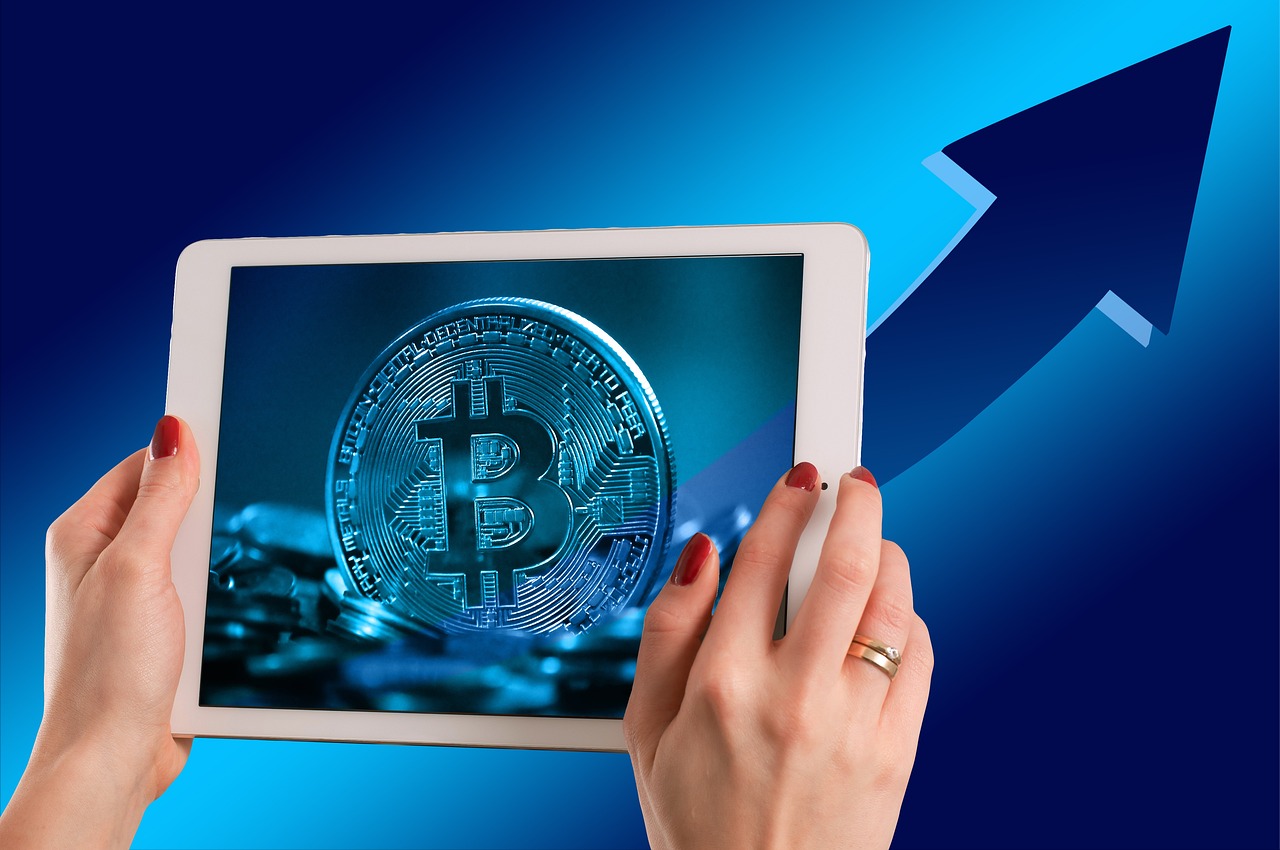
Automated Update Solutions
In the fast-paced world of cryptocurrency, staying ahead of potential threats is crucial. One of the most effective ways to ensure your software remains secure is by utilizing . These tools can significantly reduce the risk of vulnerabilities that hackers might exploit. Imagine trying to keep track of all the software updates manually—it's like trying to catch water with a sieve! Automated updates take that burden off your shoulders, ensuring that your wallet and other applications are always equipped with the latest security features and patches.
Automated updates work by regularly checking for new versions of software and installing them without requiring user intervention. This process not only saves time but also minimizes the chances of human error, which is often a weak link in security. For example, if you forget to update your wallet software, you may be leaving it open to attacks that could have been easily mitigated with the latest security enhancements. By automating this process, you can focus on trading and investing while your software remains fortified against emerging threats.
When selecting an automated update solution, consider the following factors:
- Compatibility: Ensure that the solution you choose is compatible with your operating system and the specific software you are using.
- Customization: Look for options that allow you to customize update settings, such as scheduling and notification preferences.
- Reputation: Always opt for solutions from reputable developers known for their commitment to security and user support.
Furthermore, some wallets and applications come with built-in automated update features, which can be a great way to streamline your security process. However, it's essential to periodically review your settings to ensure that updates are being applied as expected. Just because a feature is automated doesn't mean you should forget about it entirely! Regularly checking in on your update settings can help catch any issues before they become significant problems.
In conclusion, automated update solutions are a vital component of a robust security strategy for cryptocurrency users. By implementing these tools, you can significantly reduce your exposure to risks associated with outdated software. Remember, in the world of digital assets, staying updated is not just a convenience—it's a necessity for keeping your investments safe.
1. What are automated update solutions?
Automated update solutions are tools or features that automatically check for and install software updates without requiring user intervention, helping to keep applications secure and up-to-date.
2. Why are automated updates important for cryptocurrency software?
They are crucial because they help protect against vulnerabilities that hackers may exploit, ensuring that your cryptocurrency wallet and trading applications are equipped with the latest security features.
3. Can I customize automated update settings?
Yes, many automated update solutions allow you to customize settings such as scheduling updates and notification preferences, enabling you to tailor the process to your needs.
4. Are there risks associated with automated updates?
While automated updates significantly enhance security, it's essential to periodically check settings to ensure updates are being applied correctly and to monitor for any potential issues that may arise.
5. How can I find a reliable automated update solution?
Look for solutions from reputable developers known for their commitment to security, check user reviews, and ensure compatibility with your operating system and software.
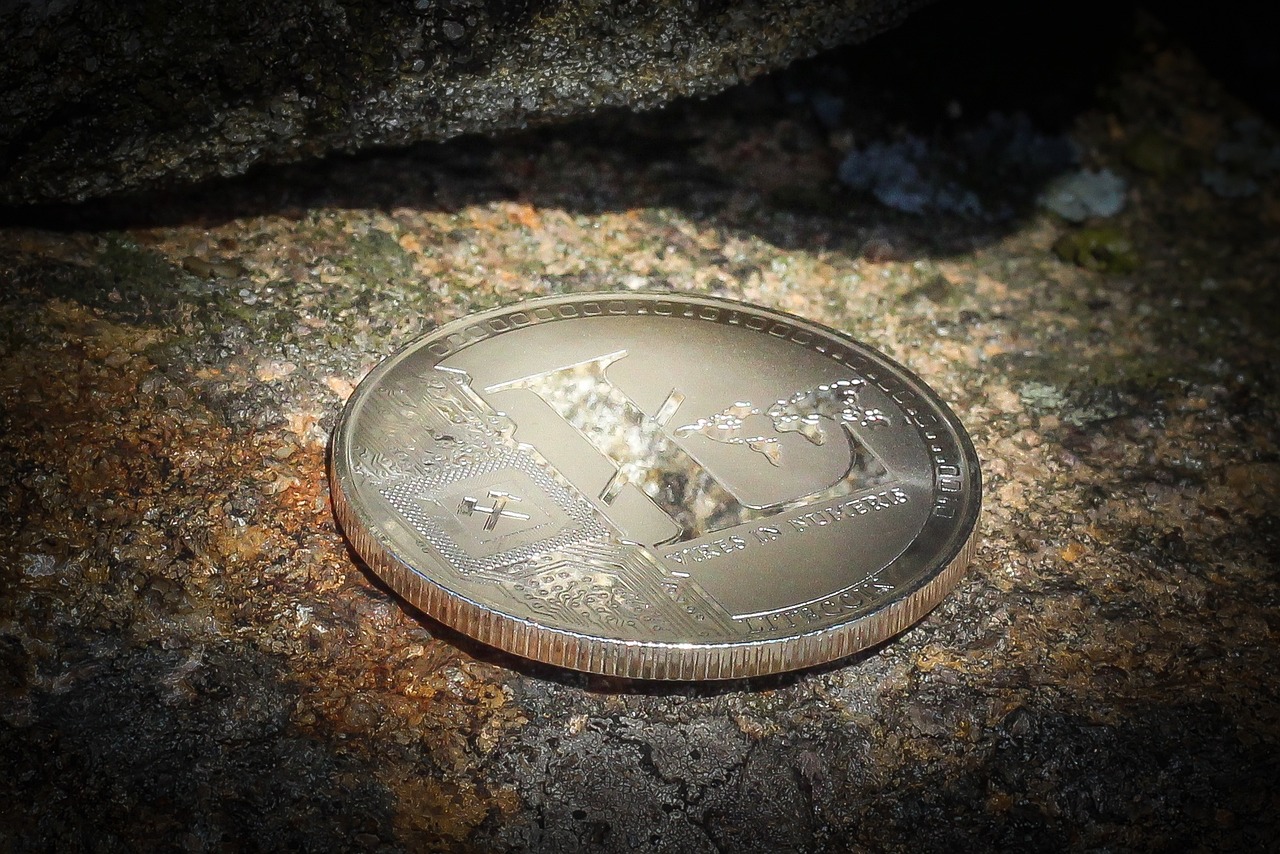
Educating Yourself on Security Practices
In the fast-paced world of cryptocurrency, staying informed about security practices is not just a good idea; it's a necessity. The digital landscape is constantly evolving, with new threats emerging almost daily. To effectively protect your assets, you need to be proactive in educating yourself about the latest security measures and potential risks. Think of it like being a knight in shining armor, always ready to defend your castle from invaders. The more you know, the better equipped you are to thwart those who wish to do harm.
One of the best ways to enhance your knowledge is by diving into online resources and communities dedicated to cryptocurrency security. Websites, forums, and social media groups can provide invaluable insights, tips, and real-time information on emerging threats. Engaging with these communities allows you to share experiences and learn from others who have faced similar challenges. Remember, the more perspectives you gather, the clearer the picture becomes regarding how to safeguard your investments.
Additionally, consider enrolling in online courses or webinars focused on cryptocurrency security. These educational platforms often offer structured learning paths that cover a range of topics, from basic security protocols to advanced threat detection strategies. By investing time in these courses, you're not just gaining knowledge; you're equipping yourself with practical skills that can make a real difference in protecting your digital assets.
Moreover, staying informed about the latest developments in the cryptocurrency space is crucial. Subscribe to newsletters, follow industry leaders on social media, and keep an eye on reputable news outlets that cover cryptocurrency. This will help you stay ahead of the curve and be aware of any significant changes or new vulnerabilities that could affect your investments.
Finally, remember that education is an ongoing journey. Just like the world of cryptocurrency itself, security practices are always changing. Make it a habit to regularly revisit your knowledge, update your skills, and stay curious. By doing so, you'll not only protect your assets but also empower yourself to make informed decisions in this exciting and sometimes risky digital frontier.
- What is the best way to learn about cryptocurrency security? Engage with online resources, communities, and take courses focused on security practices.
- How often should I update my knowledge on security practices? Regularly! The cryptocurrency landscape is ever-changing, so staying informed is key.
- Are there specific communities I should join? Look for reputable forums and social media groups dedicated to cryptocurrency security.
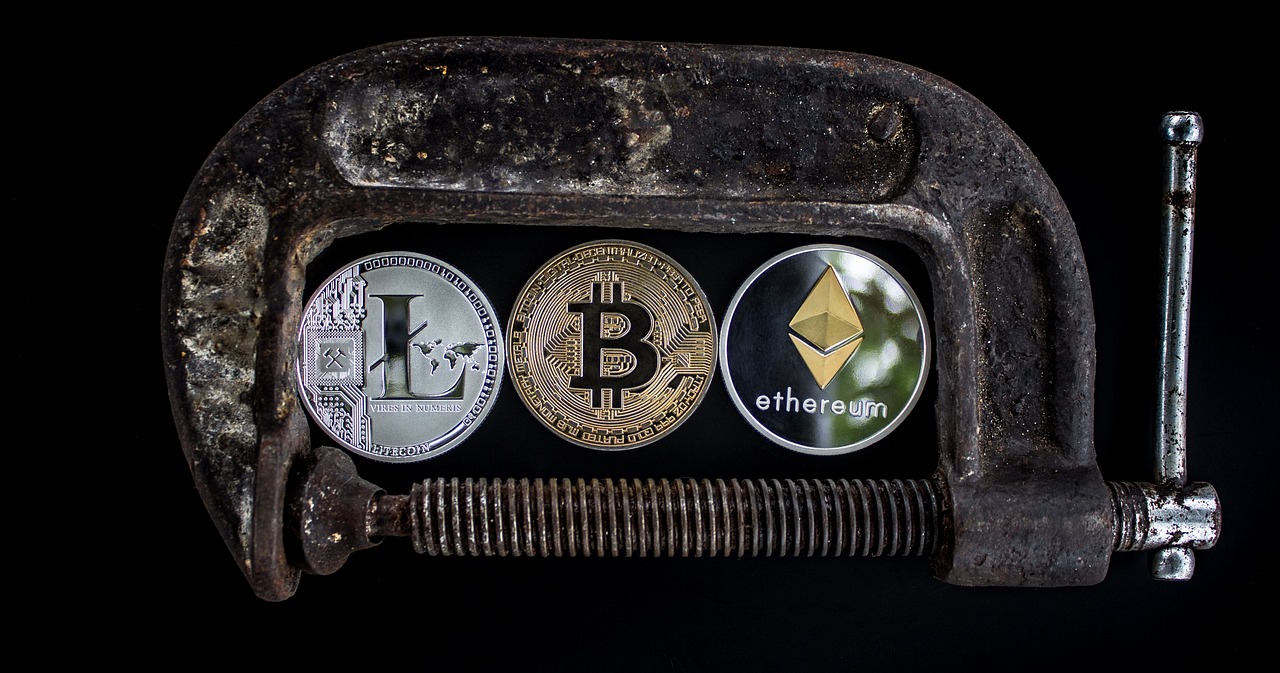
Online Resources and Communities
In the ever-evolving world of cryptocurrency, staying informed is crucial for safeguarding your digital assets. The internet is rife with valuable resources and vibrant communities dedicated to cryptocurrency security. These platforms not only provide the latest news and insights but also foster discussions that can enhance your understanding of security practices. One of the best ways to learn is through engagement with others who share your interests and concerns. Online forums, blogs, and social media groups can serve as excellent starting points.
For instance, platforms like Reddit have numerous subreddits such as /r/CryptoCurrency and /r/Bitcoin, where users share tips, experiences, and news. Participating in these communities can expose you to real-time discussions about security threats and solutions. Additionally, websites like CoinDesk and CoinTelegraph regularly publish articles on security practices, updates on hacks, and interviews with experts. These resources can help you stay ahead of potential risks.
Moreover, joining dedicated security-focused groups on platforms such as Telegram or Discord can provide direct access to knowledgeable individuals who can offer guidance and answer your questions. Many of these communities have experts who monitor the latest trends in hacking and phishing, ensuring that members are well-informed. You can also find webinars and online courses that focus on cryptocurrency security, allowing you to deepen your knowledge at your own pace.
Lastly, don’t underestimate the power of social media. Following reputable figures in the cryptocurrency space on platforms like Twitter can keep you updated on the latest security advice and emerging threats. Many experts share their insights and experiences, which can be invaluable for enhancing your security posture. By leveraging these online resources and communities, you can significantly improve your understanding of cryptocurrency security and protect your investments more effectively.
Q1: What are the best online communities for cryptocurrency security?
A1: Some of the best communities include Reddit's /r/CryptoCurrency, Telegram groups focused on security, and various Discord servers that discuss cryptocurrency safety practices.
Q2: How can I stay updated on the latest cryptocurrency security threats?
A2: Following reputable news websites like CoinDesk and CoinTelegraph, as well as engaging with experts on social media platforms like Twitter, can help you stay informed.
Q3: Are there any online courses available for learning about cryptocurrency security?
A3: Yes, many platforms offer courses on cryptocurrency security, including Udemy and Coursera. These can provide in-depth knowledge and practical skills.
Q4: How can I identify trustworthy sources of information about cryptocurrency?
A4: Look for established websites, verified social media accounts, and community recommendations. Always cross-reference information to ensure its accuracy.
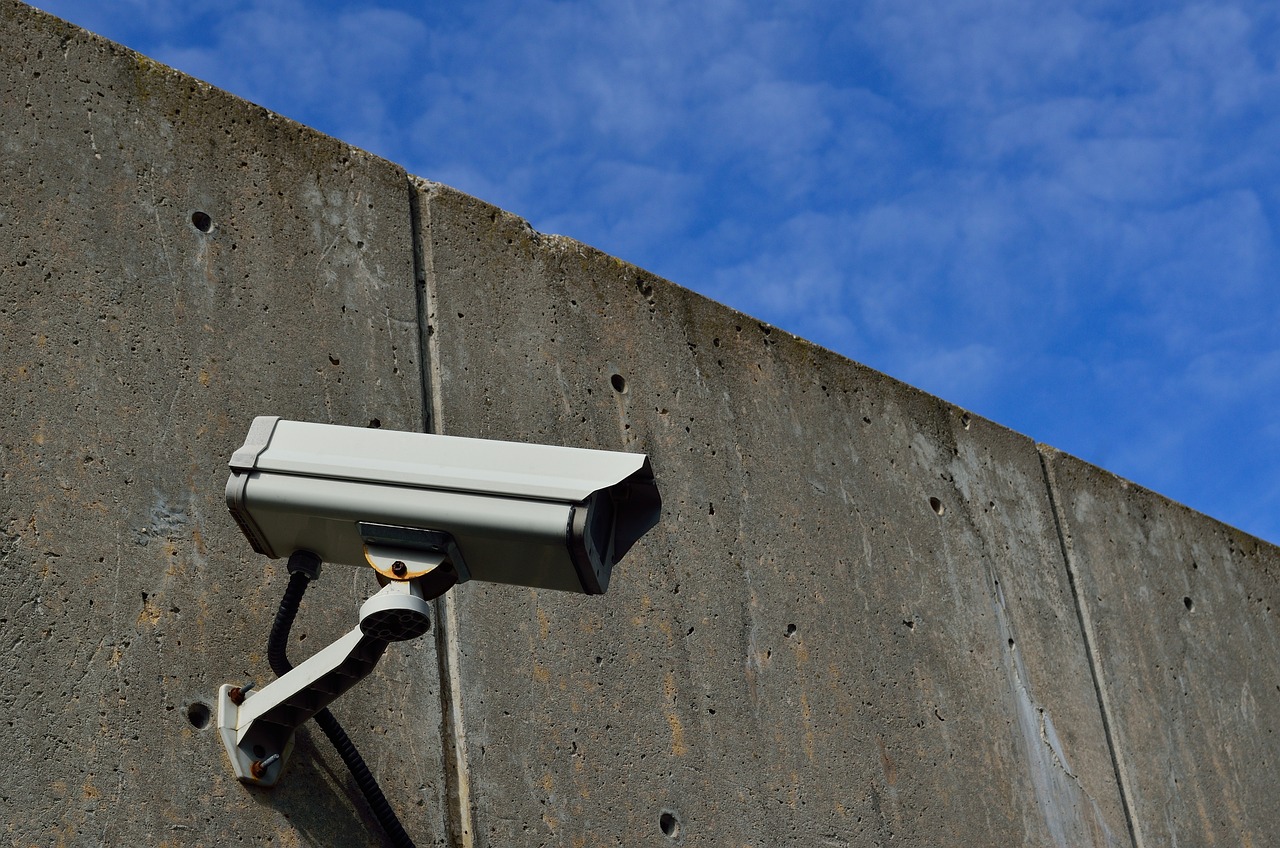
Staying Informed About Threats
In the ever-evolving world of cryptocurrency, staying informed about potential threats is not just an option; it's a necessity. Imagine navigating through a dense forest without a map—every shadow could be a lurking danger. The same applies to the digital landscape where hackers are constantly developing new strategies to exploit vulnerabilities. By keeping yourself updated on the latest security threats, you can better protect your digital assets and make informed decisions about your investments.
One of the best ways to stay informed is by following reputable news sources and blogs that focus on cryptocurrency and cybersecurity. Websites like CoinDesk, CryptoSlate, and CoinTelegraph offer timely updates on market trends and security breaches. Additionally, subscribing to newsletters from these platforms can help you receive critical information directly in your inbox. Think of it as having a trusted friend who signals danger before you step into a trap.
Moreover, joining online communities and forums can provide valuable insights. Platforms like Reddit and Telegram host active discussions where users share their experiences and knowledge about security threats. Engaging in these communities not only broadens your understanding but also connects you with like-minded individuals who prioritize security. It's like being part of a secret society where everyone is on the lookout for potential threats.
Another effective strategy is to follow cybersecurity experts and analysts on social media. Many professionals share their thoughts on emerging threats and provide tips on safeguarding your assets. By curating a feed that includes these experts, you can stay one step ahead of hackers. Remember, knowledge is power, and in the realm of cryptocurrency, it can mean the difference between keeping your assets safe and losing them to cybercriminals.
Lastly, consider setting up alerts for specific keywords related to cryptocurrency security. Tools like Google Alerts can notify you whenever news articles or blog posts mention your chosen keywords. This way, you can stay updated on the latest developments without having to scour the internet daily. Think of it as having a personal assistant who keeps you informed about everything happening in the cryptocurrency world.
In summary, staying informed about security threats in the cryptocurrency space is crucial for protecting your investments. By following news sources, engaging in online communities, and utilizing technology to receive updates, you can enhance your knowledge and fortify your defenses against potential attacks. Remember, the digital world can be as perilous as it is promising, so arm yourself with information to navigate it safely.
- What are the best sources for cryptocurrency security news? Look for reputable websites like CoinDesk, CryptoSlate, and CoinTelegraph, as well as social media accounts of cybersecurity experts.
- How can I join online communities focused on cryptocurrency security? Platforms like Reddit and Telegram have numerous groups where users discuss security practices and share experiences.
- Why is it important to stay updated on cryptocurrency threats? Staying informed helps you recognize potential risks and implement measures to protect your assets effectively.
Frequently Asked Questions
- What are the main security risks when dealing with cryptocurrency?
When it comes to cryptocurrency, the main security risks include hacking, phishing scams, and malware attacks. Hackers often target exchanges and wallets to steal digital assets, while phishing attempts can trick users into revealing sensitive information. It's crucial to stay informed and take preventive measures to protect your investments.
- How do I choose the right wallet for my cryptocurrency?
Selecting the right wallet depends on your needs. Hot wallets are convenient for daily transactions but are more vulnerable to hacks. Cold wallets, on the other hand, are offline and provide enhanced security for long-term storage. Assess your usage patterns and risk tolerance to make the best choice for your assets.
- What is two-factor authentication and why is it important?
Two-factor authentication (2FA) adds an extra layer of security by requiring not just your password but also a second form of identification, like a code sent to your phone. This significantly reduces the risk of unauthorized access to your accounts, making it a vital step in safeguarding your cryptocurrency investments.
- How can I recognize phishing attacks?
Phishing attacks often come in the form of emails or messages that appear legitimate but contain malicious links or requests for personal information. Look for signs like unusual sender addresses, poor grammar, or urgent calls to action. Always verify the source before clicking on links or providing information.
- Why is it necessary to keep my software updated?
Keeping your software updated is crucial because outdated versions can have vulnerabilities that hackers exploit. Regular updates often include security patches that protect against the latest threats, ensuring that your wallets and exchanges remain secure from potential breaches.
- What resources can I use to educate myself about cryptocurrency security?
There are numerous online resources, including forums, blogs, and cryptocurrency communities, where you can learn about security best practices. Websites like CoinDesk, Reddit, and various security blogs provide valuable insights and updates on emerging threats and protective measures.



















